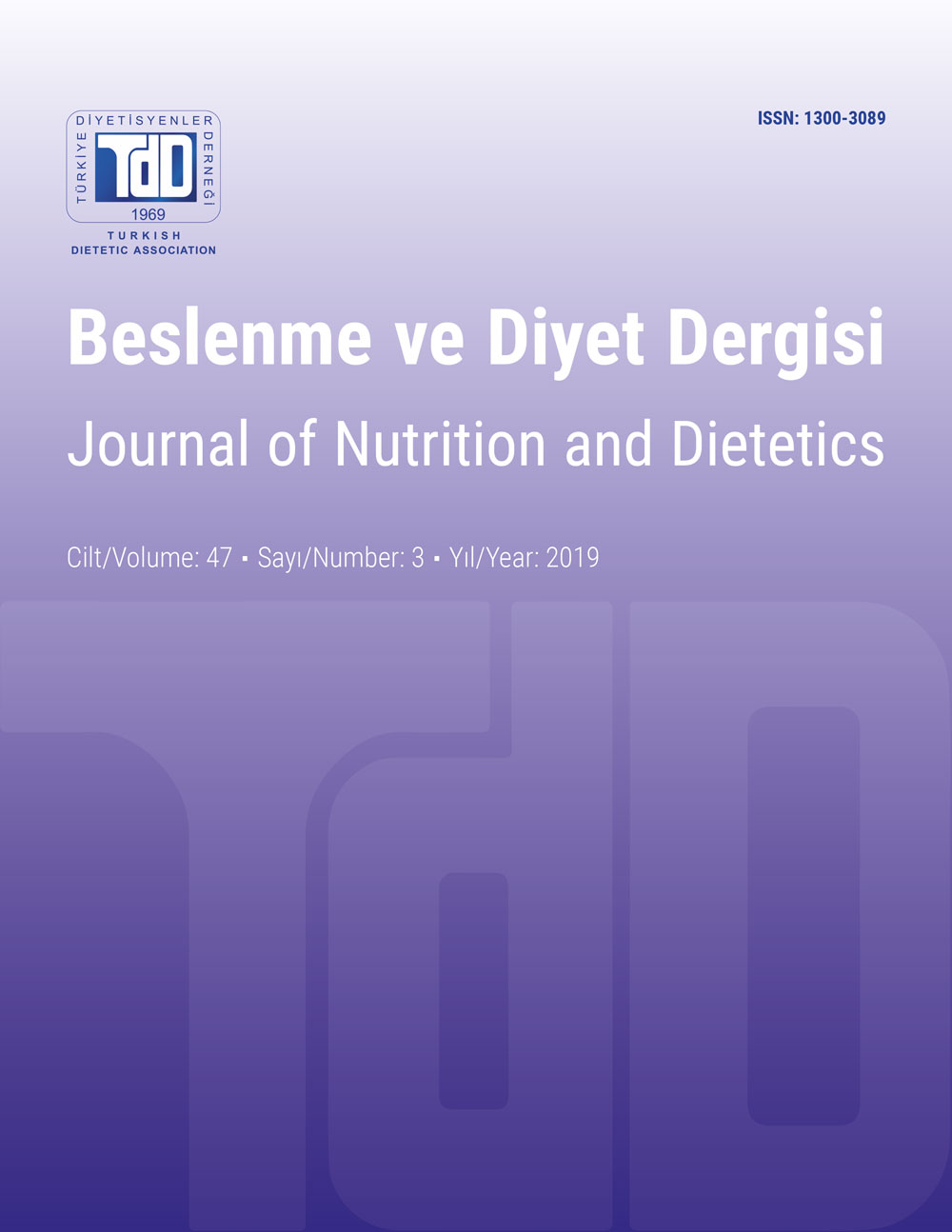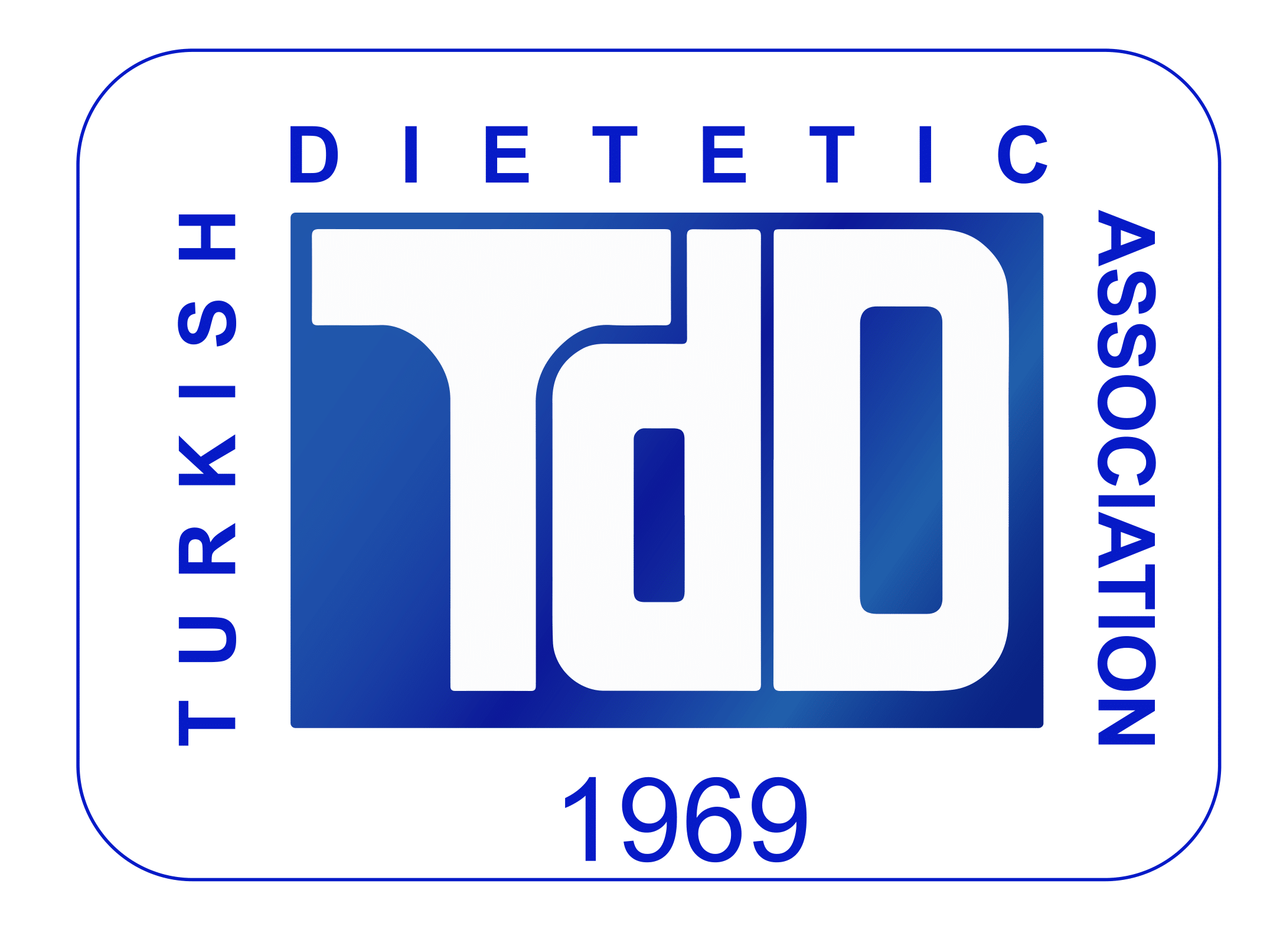Effect of Dietary Salt Intake on Food Preferences and Consumption
DOI:
https://doi.org/10.33076/2020.BDD.1242Keywords:
Dietary salt intake, sugar-sweetened beverage consumption, fatty food consumption, obesity riskAbstract
High dietary salt intake was reported as a risk factor in the development of insulin resistance and obesity, however, the mechanisms of this effect have not been clarified clearly yet. Potential mechanisms include high dietary salt intake, which promotes the consumption of sugar-sweetened beverages and fatty foods, leading to a positive energy balance. It has been shown that dietary intake of excess sodium, especially in children, leads to thirst and increases the consumption of sugar-sweetened beverages, which have an important contribution to dietary energy. Furthermore, the salt content of foods increases their flavor and makes them appetizing, therefore, leads to decreasing satiety and overeating. The widespread use of fat and salt as an appetizing combination in foods with high energy content indicates a potential relationship between salt intake and dietary fat intake. In this review, it is aimed to present a different perspective on public health policies aiming to reduce salt intake by examining the effects of high dietary salt intake on food preferences and consumption.

